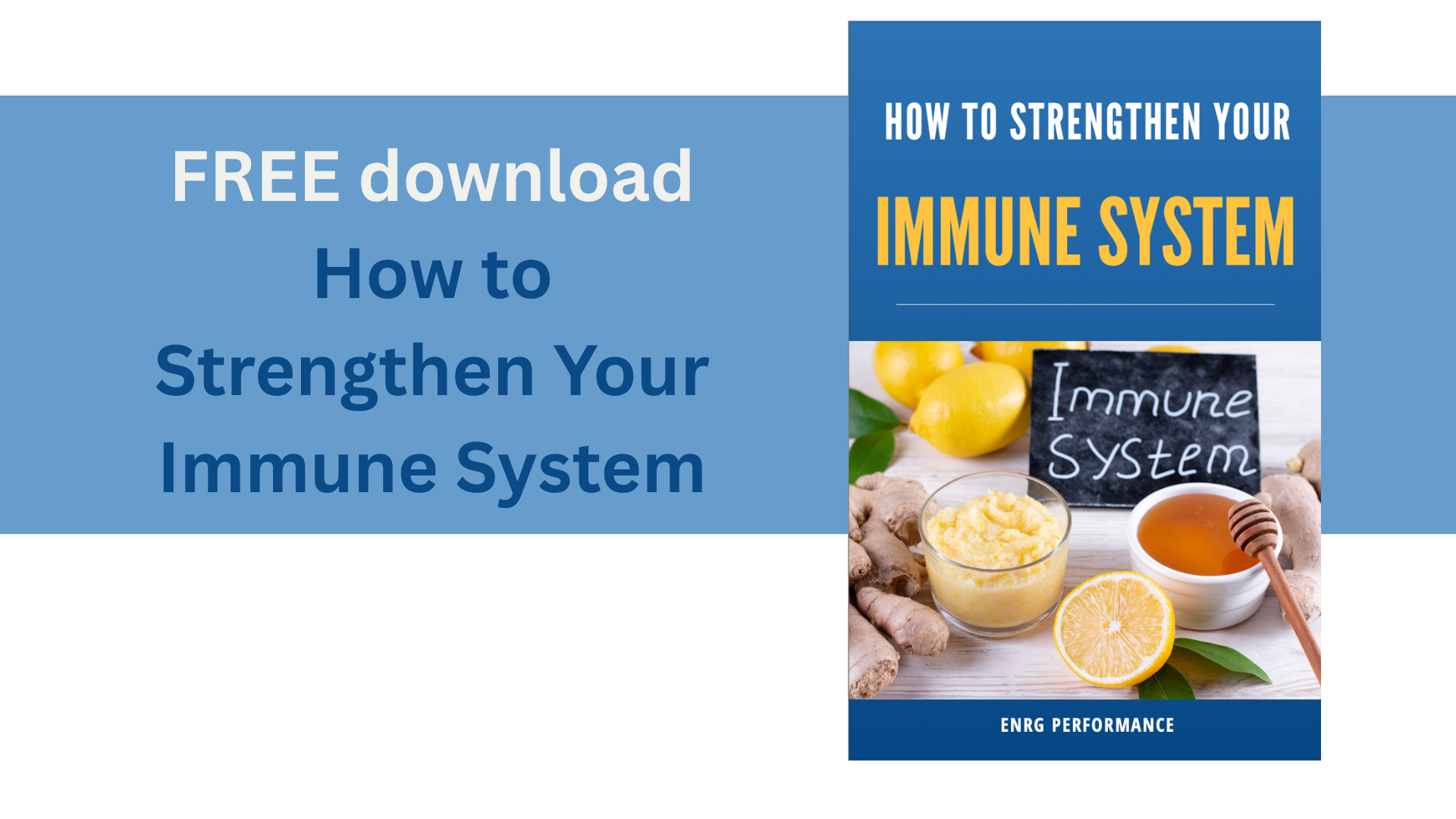Chronic Fatigue, Hormones and Nutrition
Oct 06, 2025
We are all tired, right? I know I definitely have my moments of feeling run down and exhausted but is it just being tired or not getting enough sleep?
Maybe. Maybe not.
Let’s jump into a topic that I have helped a number of athletes identify and manage - Chronic Fatigue.
It’s not just about being “tired”. I mean, who isn’t, right?
Chronic fatigue is a persistent, overwhelming exhaustion that doesn’t improve with rest and it often interferes with daily life. Have you ever been really unmotivated or just want to lay on the couch all day long and binge watch a new series on Netflix, for multiple days in a row? Yeah, that’s what we are talking about here.
While lifestyle stress and lower sleep quantity and quality can all contribute to chronic fatigue, another, often overlooked, factor is hormonal imbalances and nutrition.
Yes, you read that right. Yet another health challenge that is linked to hormones. If you didn’t read my article last week on Brain Fog, give it a quick read HERE.
Here are a few signs and symptoms of chronic fatigue so you can start putting the pieces of the puzzle together:
- Constant physical and mental exhaustion lasting for weeks or months.
- Difficulty concentrating, memory problems and low motivation.
- Muscle weakness, body aches and slowed recovery from exercise.
- Feeling unrefreshed even after sleep.
Fatigue is the body’s signal that energy systems are not functioning properly. This can be due to many things such as mitochondrial dysfunction, chronic inflammation, blood sugar imbalances and sleep disruption. Chronic inflammation and blood sugar imbalances are a bit easier to manage by implementing the Metabolic Efficiency Training concept as your primary nutrition plan. Mitochondrial dysfunction is a bit more of a deep dive that should be done with help from a health professional and sleep is also pretty complex depending on what level of life you are in.
But let’s get to the main character in this article - hormones!
Hormones do many things in the body but specific to the topic at hand, they regulate energy metabolism, the stress response and sleep cycles. When hormones are out of balance, fatigue is almost inevitable. Here’s a highlight of the hormones that are important when it comes to chronic fatigue:
- Cortisol: produced by the adrenal glands, cortisol helps regulate energy throughout the day. Chronic stress can lead to cortisol dysregulation (too high or too low), leaving you drained. It’s important to have this measured but not how is normally done in your doctor’s office. You want to ensure you have a diurnal cortisol test done, which measures cortisol four different times throughout the day.
- Thyroid Hormones: low thyroid function slows every system in the body, reducing energy production and causing sluggishness.
- Insulin: insulin resistance prevents cells from effectively using glucose, leading to energy crashes.
- Sex Hormones: low estrogen, progesterone, or testosterone can reduce motivation, endurance, and mental drive.
Now you have some baseline knowledge of some of the hormones linked to chronic fatigue but what you really want is how to fix it, right?
Enter nutrition.
You probably are aware of this but your daily nutrition can either trigger or worsen chronic fatigue. Sounds basic, I know, but you would be surprised how many clients I work with in my Virtual FatBurn Blueprint Program that are just not aware of the connection of nutrition and chronic fatigue.
Here are the nutrition patterns you want to avoid, as these will increase the risk of having chronic fatigue:
-
Eating too much sugar, specifically added sugars. This is linked to Metabolic Efficiency and causes a huge imbalance in blood sugar and insulin.
-
Eating too many processed foods with not so healthy for you oils. This increases total body inflammation, which is a huge driver for many disease states, weight gain and body fat storage.
-
Eating too little protein. If you know me, you know how much of an emphasis I place on protein. The amino acids that are broken down from whole protein food sources are important for neurotransmitters in the brain for optimal functioning.
Okay, now that you know the “not to do’s”, let’s discuss the nutrition strategies you absolutely want to develop more.
-
Stabilize blood sugar. Yep, there’s that Metabolic Efficiency Training concept again!
-
Eat more omega-3 fats (fatty fish is the best food source but plant sources like ground flax and walnuts are decent). These will help reduce inflammation and support brain and mitochondrial health.
-
Focus on micronutrients. These are your vitamins and minerals found in fruits, veggies, whole grains, beans, nuts and seeds. Specifically, we are talking about magnesium, B vitamins, iron and zinc.
-
Increase antioxidant-rich foods. Somewhat of a no-brainer but the foods I just mentioned in the previous bullet point will help reduce oxidative stress in your body. This will help improve energy levels.
Remember, there is a difference between being tired and having chronic fatigue. Honestly, the first step is to have your hormones measured first to determine if there are any imbalances then address these through proper nutrition, exercise and lifestyle strategies. I wouldn’t recommend just changing your nutrition before measuring your hormones. You have to know what is happening in your body to know better what to put in your body to support optimal health, fitness and longevity!
PS - The eNRG Performance Signature Virtual FatBurn Blueprint Program does exactly what I have been discussing in this article, in addition to helping eliminate brain fog and sugar cravings and losing weight and body fat.
If you want to make an enormous life TRANSFORMATION, I would highly recommend you check out. But hurry because we only work with a few clients per month.
SUBSCRIBE AND WE WILL DROP SOME HEALTHY INSPIRATION IN YOUR INBOX
We hate SPAM. We will never sell your information, for any reason.







